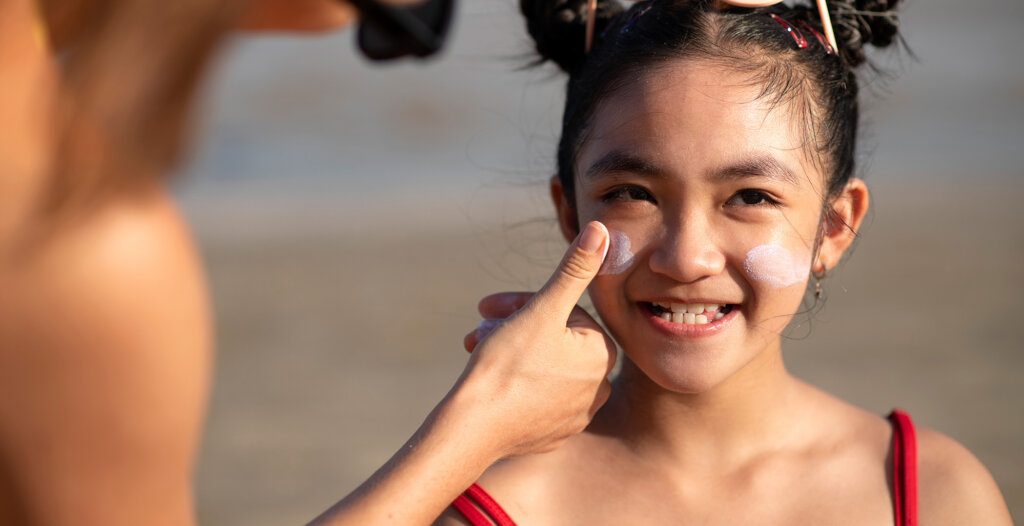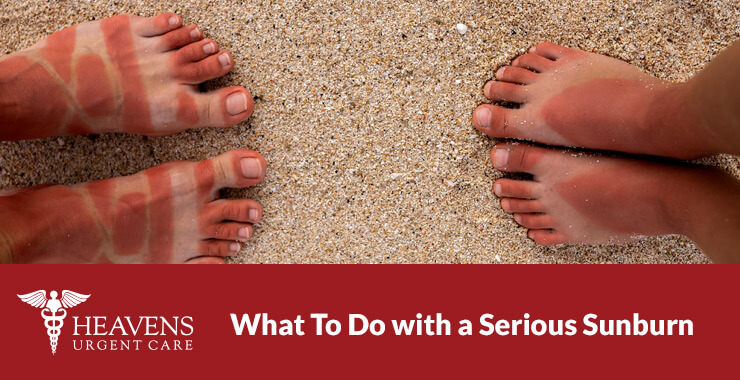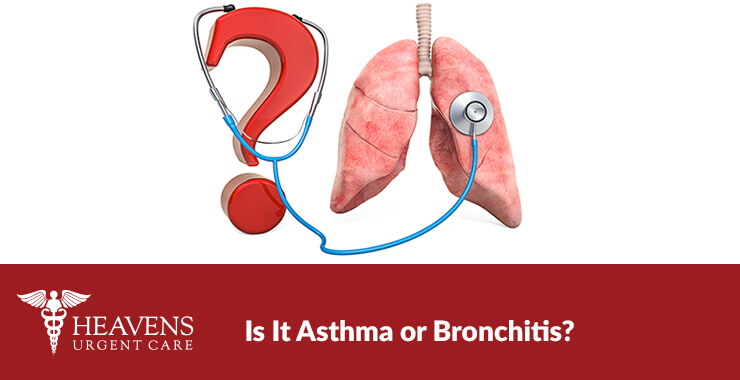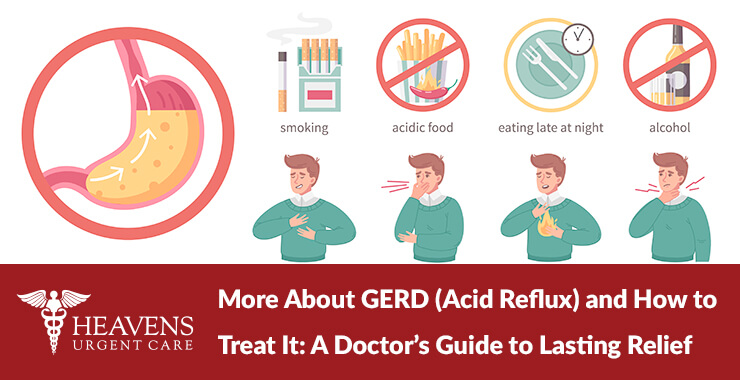Managing a serious sunburn can be a painful and uncomfortable because that red, inflamed skin that may blister and peel. Even more dangerous is that a sunburn is caused by overexposure to ultraviolet (UV) radiation from the sun, which damages the DNA in skin cells and can lead to mutations that cause skin cancer.
Here are some sobering statistics about sunburns:
- Approximately 1 in 3 Americans will experience sunburn at least once a year.
- The American Academy of Dermatology reports that sunburn increases a person’s risk of developing skin cancer, including melanoma, the deadliest form of skin cancer. The CDC estimates that over 5 million skin cancer cases are diagnosed in the United States each year.
- According to the Skin Cancer Foundation, getting five or more blistering sunburns before the age of 20 increases a person’s melanoma risk by 80 percent.
Sunburn Protection
People with fair skin, light hair, and blue or green eyes are at greater risk of sunburn and skin cancer due to their lack of melanin, the pigment that protects the skin from UV radiation.
Research has shown that prevention is the most effective way to avoid sunburn and reduce the risk of skin damage and skin cancer. Some key tips for sunburn prevention include wearing sunscreen with an SPF of 30 or higher before going outdoors and reapply every two hours or after swimming or sweating.
Make sure that you are wearing protective clothing, like a wide-brimmed hat and sunglasses, to shield your skin from the sun’s harmful UV rays. Seek shade during peak sun hours, typically between 10 a.m. and 4 p.m., when UV radiation is strongest.
Avoid using tanning beds, as they expose your skin to concentrated doses of UV radiation, increasing the risk of sunburn and skin cancer.

Serious Sunburn Treatment
If you find yourself with a serious sunburn, there are five things you can do to alleviate the discomfort and promote healing:
- Cool the skin: Take a cool bath or shower or apply a cold compress to the affected area to help reduce inflammation and soothe the skin.
- Hydrate: Drink plenty of water to help replenish lost fluids and prevent dehydration, which can exacerbate the symptoms of sunburn.
- Moisturize: Apply a gentle, hydrating lotion or aloe vera gel to the sunburned skin to help moisturize and promote healing.
- Avoid further sun exposure: Stay out of the sun until your sunburn has healed completely, as further exposure can worsen the burn and increase the risk of long-term skin damage.
- Take pain relievers: Over-the-counter pain relievers such as ibuprofen or acetaminophen can help alleviate the discomfort associated with sunburn.
When a Sunburn Should be Seen by a Doctor
In some cases, a severe sunburn may require medical attention. If you experience any of the following symptoms with your sunburn, seek immediate medical attention.
- Severe pain that does not improve with over-the-counter pain medication
- Blisters that cover a large area of skin
- Fever or chills
- Nausea or vomiting
- or signs of infection, such as pus or increasing redness and warmth around the sunburned area
Heavens Urgent Care has convenient hours, and low wait times, so if your sunburn has you worried, click here to be seen as soon as possible.
Manage sunburn season, by knowing when to seek medical attention, by practicing sunburn prevention strategies, and by protecting your skin so you enjoy the sun safely this summer.







